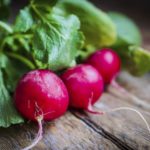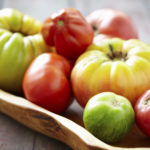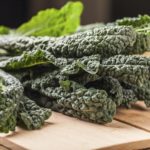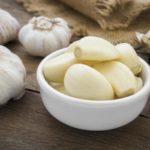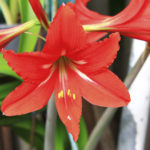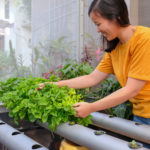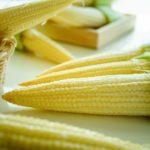Starting A Vegetable Garden
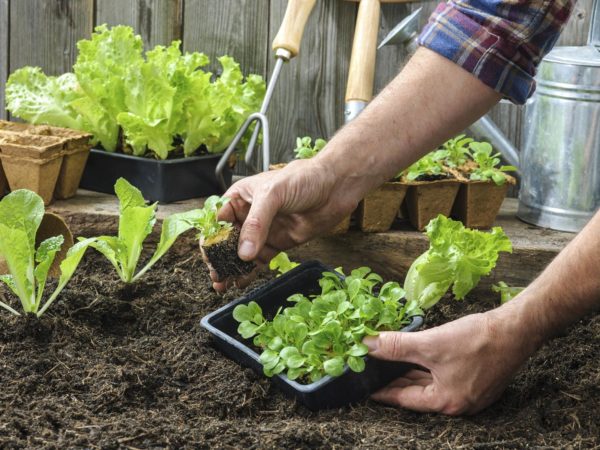
I remember my first real vegetable garden. I had grown plants all my life, but my intent this time was to grow some food for myself.
I had some serious challenges. I was in my early 20s. I lived in a dumpy rental typical of a college student. The soil, if you could call it that, was terrible (when you dug about two inches down you hit solid rock). Even for a plant freak, it seemed daunting. But I took one step at a time, and made lots of mistakes, eventually becoming the fanatic vegetable gardener I am today. I will try to help you, through the next few months, avoid some of the mistakes I made, and get you on the right track toward having your own succulent tomatoes, savory oregano, or tongue-scorching chilies.
Watch Dr. Weil talk about how to begin your own garden.
First, I want to emphasize the importance of growing an edible garden (or any garden for that matter) organically. With all the resources we have available these days, there are few excuses for not going organic. The technology for raising clean food has become readily available and efficient, and because these methods mimic nature they actually works BETTER than growing plants with synthetics. Nature has billions of years of experience over us.
Try not to make the mistake I have made several times: going to a nursery and just purchasing whatever strikes your fancy. Plan. Get some local vegetable gardening books. You can also contact your local university’s cooperative extension office for some climate-relevant guidelines – particularly about the seasonality of different crops. Beware, however that they are often a bit old-fashioned and often still fond of using lots of inorganic fertilizers and chemicals.
Now, consider what you want to grow. What do you use? Are organic tomatoes just TOO expensive? Do you ponder how they can charge so much for a few not-so-fresh sprigs of oregano or basil in a plastic bag? You will, after you start growing your own. Some things you may want to grow will be perennial plants and will be with you a long time, like a dwarf Meyer lemon. Some may just be annuals, like a tomato plant, and will need to be replanted each year or replaced with another option. Plan accordingly.
You need to take a good look at where you will be gardening. Even in my incredibly hot climate, full sun is best for most plants. And it is easier to make sunny spots shady than it is to make shady spots sunny. So find a space out in the open. If you are limited to a patio, find the sunniest spot. Maybe there is a community garden in your neighborhood. Or maybe you have a relative or friend who has a bit of space they can let you cultivate. Also, know that you can accomplish a lot with the creative use of containers or raised planters, turning the most barren spots into lush producers of food.
Once you know how much space you have to work with, think about how much space the plants you want to grow take up. Tall plants should go toward the north end of the garden, where they won’t hog all the sunny space from the shorter things. Don’t forget to think about how big these plants become. Often, people plant stuff according to the size the seedlings are at the time of planting, forgetting that they will grow to dramatically different sizes.
Next, make sure your schedule is such that you will have adequate time to put into this garden. Decide when you will be able to water, when you will have time to trim, feed, address pests, harvest, etc. If you have a busy schedule, you may want to stick to crops that are less needy. You should also think about what season you are in, and if your crops are appropriate for the season you are starting your garden. For some places this is obvious. In the north, the growing season is fairly similar for everything. For more mild-winter climates, you have more than one season – your cool season crops and your warm season crops. Don’t be afraid to experiment, as long as you are realize that there will be some failures.
And speaking of failures, beware that even the most experienced of us fail. Plants do not always do what is expected of them. Neither does the weather, or pests…nature is unpredictable and is something we cannot control. It is healthy to accept that sometimes nature will get the best of our crops. Chemicals do not prevent such surprises either. They just complicate them.
You may want to set up an automatic watering system. There are cheap systems out there now that can hook right up to your hose bib. An automatic watering system can give you peace of mind, especially if you can’t always be home to ensure plants get watered (you will find that people watching your house don’t always care for your plants as you would).
Find a good source of organic plant food (which is really soil food). And make sure it is totally organic. Lots of companies are trying to jump on the organic bandwagon, but still add inorganic fertilizer to the mix. This does not blend the best of both worlds. It is trying to reconcile two totally different ways of thinking. Inorganic salts kill microbes. So if they add inorganic nitrogen or sulfur to your “organic plant food” this defeats the purpose of being organic. Remember that with organic gardening, you don’t feed plants, you feed soil. We will get into this in a later article. But start doing your own homework. Look for the true organic foods out there. And remember that growing organically is good for you, and for the planet.
By Jared R. McKinley, Guest Commentator
DrWeil.com News



